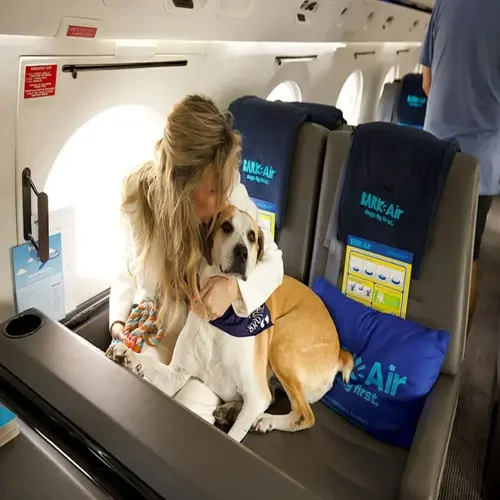Should I hire a professional dog trainer?

Written by
Robert Brown
Reviewed by
Prof. Henry Webster, Ph.D.When facing complicated behavioral issues that go beyond basic training, it is instrumental that one seeks professional help. Certified dog trainers have specialized knowledge to stop the problems from becoming worse. I always recommend consultations for aggression cases after seeing with my own eyes how early intervention prevented escalation in my client's German Shepherd.
Aggression Cases
- Growling or snapping around resources like food or toys
- Reactivity toward other dogs or people during walks
- Bite history requiring specialized management plans
- Professional assessment identifies underlying triggers
Severe Anxiety
- Destructive behaviors during separations
- Excessive panting or trembling in specific situations
- Self-harm like excessive licking or chewing
- Requires systematic desensitization protocols
Training Plateaus
- No progress after 4 weeks of consistent practice
- Regression in previously mastered behaviors
- Inability to generalize skills to new environments
- Trainers identify missing foundational elements
Specialized Skills
- Service dog task training requirements
- Therapy animal certification preparation
- Competition obedience precision needs
- Sport-specific conditioning techniques
Safety Risks
- Chasing cars or bicycles dangerously
- Escaping containment systems repeatedly
- Children or elderly household members at risk
- Immediate intervention prevents tragedies
Assess trainers through *quantifiable criteria*. Ask for observations of sessions before making a decision. Are their methods based on *positive reinforcement*? Verify certificants through official registries. My rule of thumb: Regardless, steer clear of those suggesting punitive methods for basic behavioral problems, like shock collars.
Prepare for collaborative efforts with qualified professionals. Keep detailed records of behaviors with a listing of triggers present and responses to those stimuli. Employ management strategies between visits to produce consistent reactions to stimuli. Daily homework requires a large portion of time. The progress is hastened when clients work with professional trainers in the program.
Read the full article: Dog Training Basics: Essential Guide for Beginners

